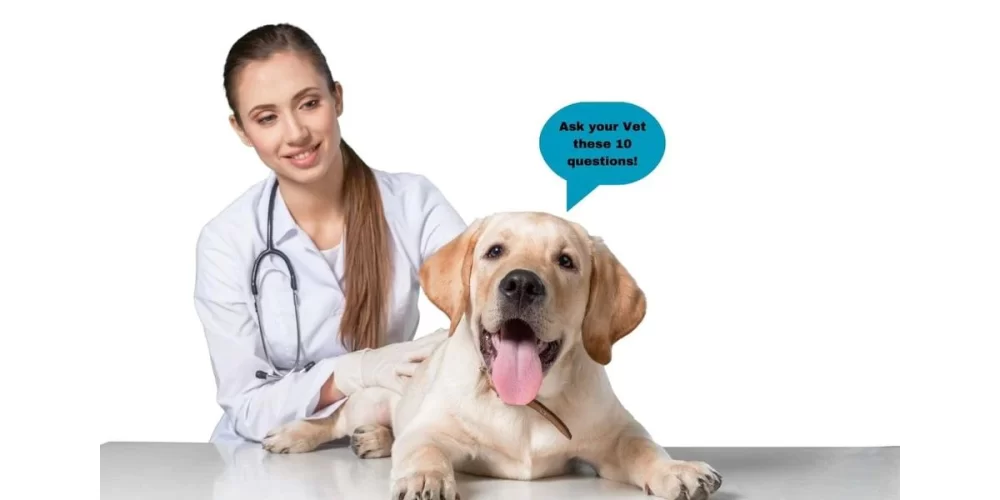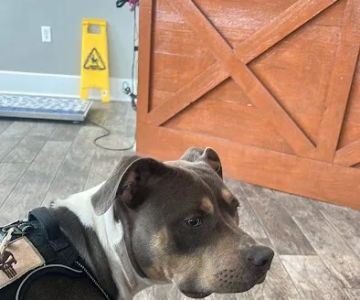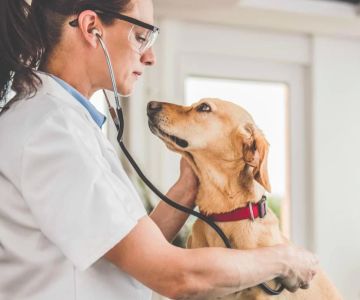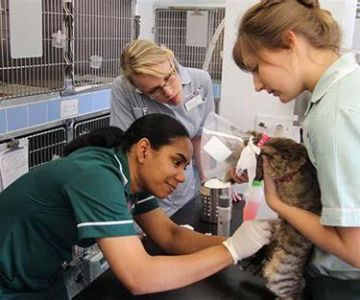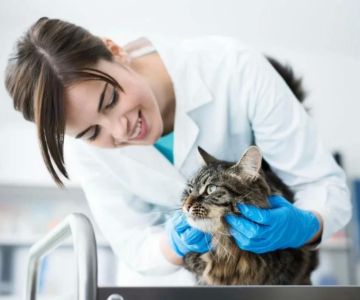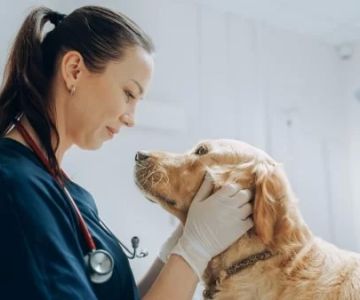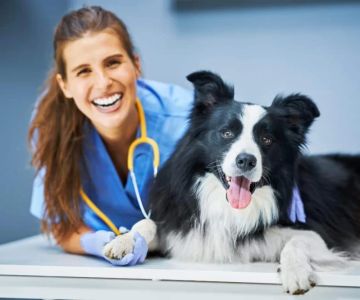- 1-Why-Asking-the-Right-Questions-at-the-Vet-Is-Crucial
- 2-General-Health-Questions-to-Ask-Your-Veterinarian
- 3-Specific-Questions-Based-on-Pet-Age-and-Breed
- 4-Questions-About-Diet-and-Nutrition-for-Your-Pet
- 5-Addressing-Behavioral-and-Training-Concerns-with-Your-Vet
- 6-How-to-Prepare-for-Your-Veterinary-Visit-Effectively
- 7-Real-Life-Examples-Showing-the-Value-of-Good-Vet-Communication
- 8-Taking-Action-and-Where-to-Find-Trusted-Pet-Care-Products
1. Why Asking the Right Questions at the Vet Is Crucial
When you bring your beloved pet to the veterinarian, it’s not just about the checkup but about understanding your pet’s health deeply. Asking the right questions helps you get a clear picture of their well-being and ensures you are actively involved in their care. Vets appreciate engaged pet owners and provide better tailored advice when you come prepared. Knowing what questions to ask a veterinarian empowers you to catch potential issues early and maintain your pet’s quality of life.
2. General Health Questions to Ask Your Veterinarian
Start with broad health topics to establish a baseline. Ask about your pet’s current overall health status, vaccinations needed, common illnesses in your area, and recommended preventive care. Questions such as “Is my pet at a healthy weight?” or “Are there any signs of underlying health problems I should watch for?” set the foundation for more detailed conversations.
These questions not only clarify your pet’s present condition but also give you guidance on maintaining their health between visits, which is invaluable for long-term care.
3. Specific Questions Based on Pet Age and Breed
Pets’ needs change with age and vary by breed. For puppies and kittens, ask about socialization, vaccinations, and spaying/neutering timelines. Senior pets require questions about mobility, joint health, and screening for age-related diseases. Breed-specific concerns—such as predispositions to heart disease in certain dogs or respiratory issues in brachycephalic cats—should be addressed with your veterinarian.
By tailoring your questions, you demonstrate a proactive attitude that vets respect, which often leads to more customized and effective care plans.
4. Questions About Diet and Nutrition for Your Pet
Nutrition plays a vital role in your pet’s health. Ask about the best diet options based on your pet’s age, activity level, and any health conditions. Inquire about supplements or foods to avoid. For example, “Are there any foods I should never give my pet?” or “What is the best type of food for their energy needs?” help you make informed feeding decisions.
Getting clarity on nutrition supports your pet’s immune system, weight management, and overall vitality.
5. Addressing Behavioral and Training Concerns with Your Vet
Behavior issues can indicate underlying health problems or simply need training adjustments. Don’t hesitate to ask your vet about sudden changes in behavior, anxiety, aggression, or house-training challenges. Vets often provide referrals to trainers or behaviorists, or offer medical insights that can improve your pet’s well-being and your relationship with them.
For instance, a case of unexplained aggression might be due to pain, so raising behavioral questions can lead to critical diagnoses.
6. How to Prepare for Your Veterinary Visit Effectively
Prepare a list of your pet’s symptoms, questions, and recent changes in habits or environment before the visit. Bringing past medical records, medications, and a diary of diet or behavior observations helps your vet assess your pet comprehensively. Don’t forget to note any concerns you have, no matter how small they seem.
Well-prepared visits optimize your time with the vet and help ensure you don’t miss important topics that affect your pet’s health.
7. Real-Life Examples Showing the Value of Good Vet Communication
Jessica, a dog owner in Chicago, credits thorough questions at her vet visits for catching her dog’s early arthritis symptoms. By discussing her dog’s subtle limp and daily activity levels, her vet recommended lifestyle changes and supplements that improved her pet’s mobility dramatically. Another story comes from Mark, who noticed odd eating habits and brought detailed notes to the vet, leading to a diagnosis of a minor digestive issue before it worsened.
These stories highlight how asking the right questions can directly improve pet health outcomes.
8. Taking Action and Where to Find Trusted Pet Care Products
After a productive vet visit, following through on recommended care is vital. For high-quality pet products, including nutrition, grooming, and health supplements, visit Scent Snob, where you can find trusted selections tailored to your pet’s needs. Combining professional veterinary advice with premium products ensures your pet thrives in every aspect.
Start preparing your questions for your next veterinarian appointment and explore Scent Snob’s offerings today to give your pet the best care possible.

